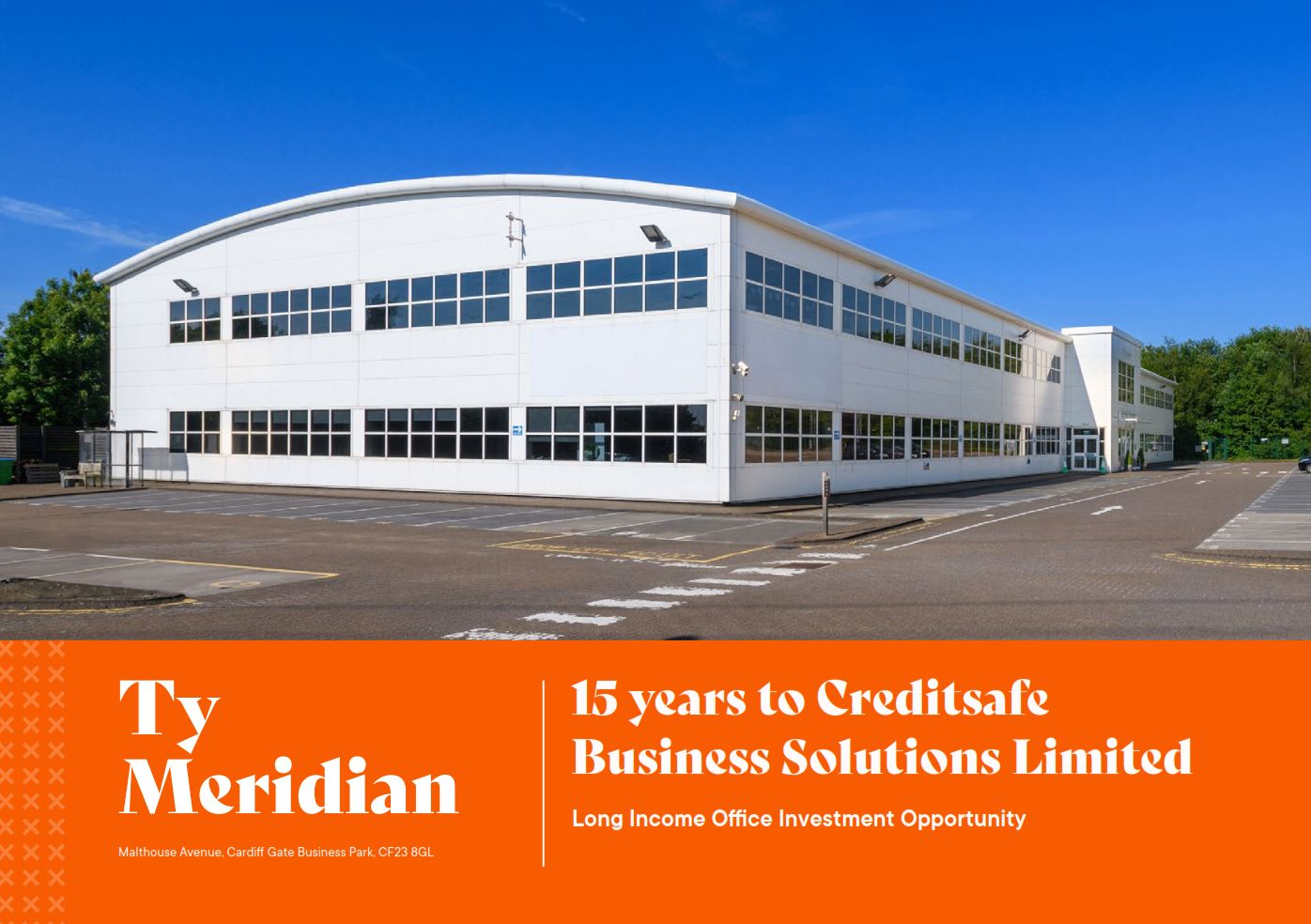Why landlords are hunting for flexible-space partners
Amid empty office spaces and a hybrid future, landlords are exploring partnerships with flex operators
Office landlords saddled with empty space as a result of the coronavirus pandemic believe they’ve landed on a way to help fill it back up: teaming up with flexible space operators.
The global office leasing sector has faced severe strain over the last 12 months after companies were abruptly forced to experiment with homeworking. Flexible space operators had a particularly difficult time.
But as workers return to the office, flex space is being buoyed by businesses deploying less capital into real estate and employees who have come to expect more choice over how and where they work.
“The issue is that office landlords want more flex space in their portfolio, but the operators aren’t willing to take on new leases,” says Ben Munn, managing director of flex space at JLL.
So instead, management agreements — whereby flexible space operators share revenues with landlords — could become far more typical. It’s still early days, but this has the potential to rapidly increase the amount of flexible space in the market, a sharp change of fortunes for a sector whose future was deeply uncertain only months ago.
Flex for the future
Right now, most offices remain largely traditional. At around 6.9% of total office stock, central London has the highest concentration of flex space globally, ahead of other mature flex markets like New York City (4.3%), San Francisco (4.7%), Amsterdam (6.3%) and Paris (3.5%).
But expectations are for flexible office space to expand rapidly over the next decade. JLL predicts 30 percent of office space to be flexible in some form by 2030.
“The shift to management agreements means the sector can grow quickly with the capital requirements spread across a greater set of partners,” Munn says. “Management agreements can also align landlords and operator incentives, creating a mutually-beneficial partnership for all parties.”
In some cases, landlords are stepping in to run the spaces under their own brands. More commonly, however, landlords are turning to management agreements with flexible space operators to take over space left by coworking providers that either went out of business or have scaled back their operations.
Real estate services companies like JLL are also taking up the mantel to run flexible space sites. Others are acquiring stakes in coworking companies that operate through management agreements with property owners.
Elsewhere, existing flex-space giants such as IWG are rescuing distressed operators from bankruptcy or taking over operations in vacant coworking locations.
Looking for more insights? Never miss an update.
The latest news, insights and opportunities from global commercial real estate markets straight to your inbox.
A new mindset for landlords
“This office income model looks more like hotels than traditional office lease structures,” Munn says. “The income stream is variable with management agreements rather than fixed-rent leases”
Although landlords will absorb the cost of fit-outs, they receive a greater share of the revenue and reduce the risk of leasing to a single tenant. Daily operations are taken care of by the flex space operator.
Tenants can meet their hybrid workplace needs and landlords can diversify their income streams.
Investment Opportunities
Yet the model will challenge lenders who typically value office assets based on the rent and the quality of the occupier. Again, Munn says the capital markets will look to hotels as a guide on how to underwrite assets with multiple revenue generating products.
Ultimately, the market will shift to offer people more choice.
“Consumer behaviours will drive value in the flex space market,” Munn says. “And the more that landlords and investors understand that, the more they can shape their products and services to meet the needs of their customers.”
Contact Ben Munn
Managing Director of Flex SpaceWhat’s your investment ambition?
Uncover opportunities and capital sources all over the world and discover how we can help you achieve your investment goals.




